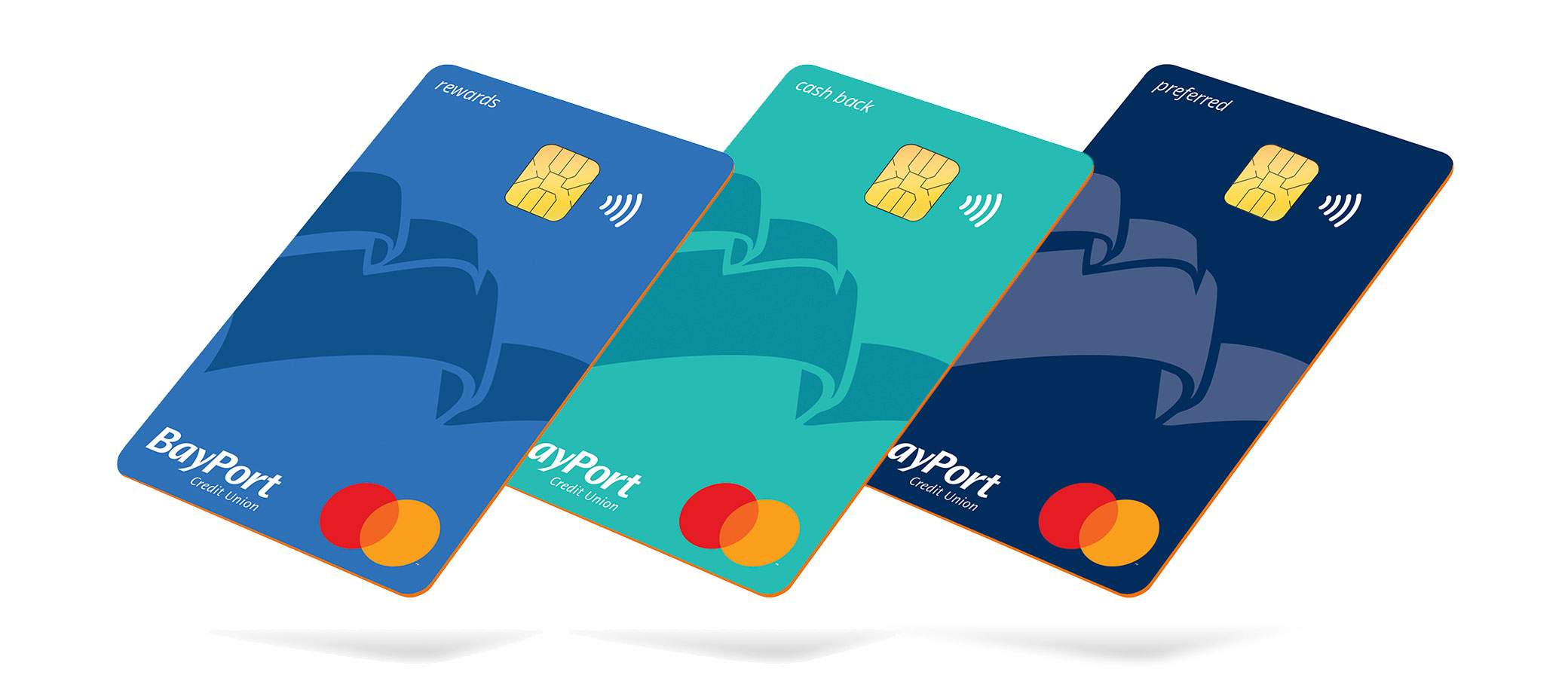A balance transfer credit card lets you move your debt from another issuer to take advantage of a lower interest rate and offer the option to repay in a lump sum in a low interest rate period. When you open one you’ll need to know what your credit limit is, how much you have available to pay, and for how long you have a credit limit. This can be a bit vague for some people, so here are some guidelines. You should have at least a few hundred dollars available to start.

Every credit card will have a minimum purchase to be considered, and a maximum purchase that will qualify. If you need more than a certain amount to do the sign up bonus, then you should get a better offer or sign up for another credit card.
Your total available credit must be less than $35,000 for the sign up bonus to apply, so if you have a credit card with $35,000 in outstanding balances, you will not receive the sign up bonus. You do not need to pay off the balance with a credit card.
A line of credit can be accessed from your line of credit, a payday loan, a retail line of credit or any other form of debt you may have to pay. It can be opened and transferred without limit as long as you have enough available credit. Doing a line of credit to get a credit card line may not be a good idea, and it is not worth taking a credit card with no credit line with the possibility of creating problems down the line.
When you sign up for a credit card, you can have interest applied to your account. This is the difference between having money available to pay back and debt. How you pay back credit card debt depends on which card you are signing up for and what form of balance transfer you have. You can pay back any form of credit with your credit card, regardless of whether it is with a line of credit or any other form of debt you may have. This can be difficult to do if you do not understand balances and payments, and you may not even be able to pay back a credit card with a personal loan because of your credit history.
Comments are closed.